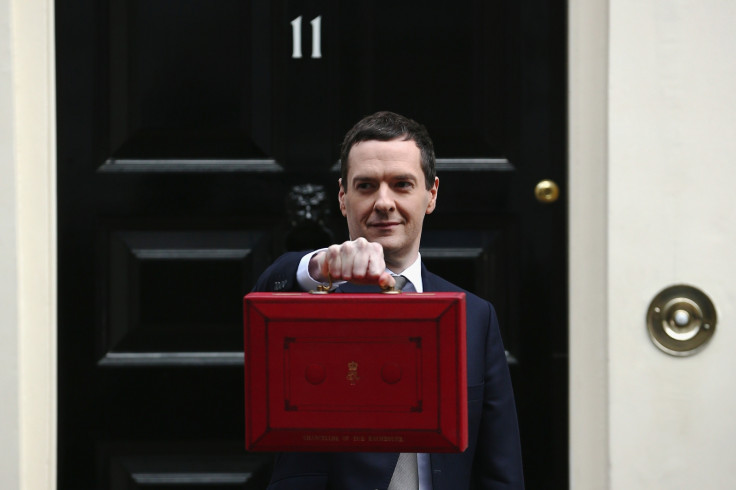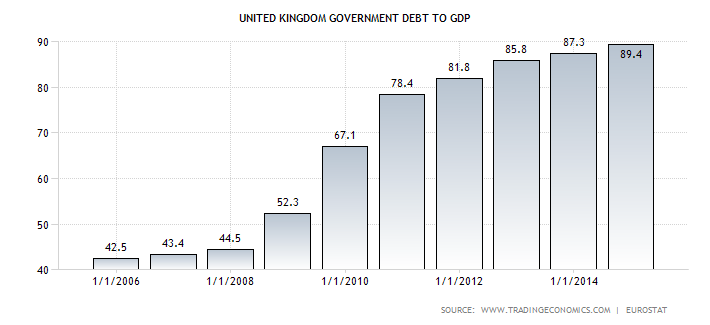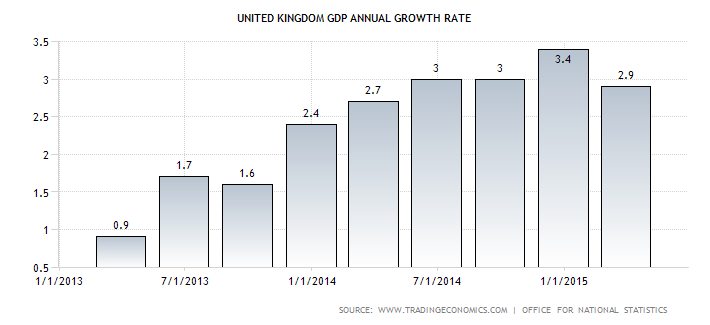Edmund Shing: Halfords investors find solace in Lycra-clad men as George Osborne inflicts welfare woe

Wednesday 8 July sees Chancellor George Osborne deliver his first purely Conservative Budget - the first in 19 years! What surprises could he spring on the great British public?
I think that Osborne will have three main targets:
- He will use some cash from higher tax revenues to ease back on his projected spending cuts (remember, £12bn of welfare cuts are planned at the moment);
- He will announce measures to help to boost the UK's poor level of productivity (how much economic output we produce per person in the UK); and
- He will likely announce plans to raise the threshold for paying income tax from £10,600 today to £12,500 by 2020/21. But this will need to be paid for by raising taxes elsewhere.
I should start with the wider context: recall that the Conservatives have already pledged to reduce the looming debt mountain that the UK has run up - a massive £1.56tn.
This is equivalent to nearly 90% of the UK's total annual economic output; around double the amount of debt back in 2008 (Figure 1). It definitely needs to come back down.
This means further public spending cuts on top of what was already implemented over the last 5 years by the prevailing Coalition government.

The better news is that the UK economy is actually performing rather well at the moment. We have a "Goldilocks" economy that is not too hot and not too cold – a combination of good growth (an annual economic growth rate of 2.9% - Figure 2), low inflation and falling unemployment that the rest of Europe can only dream about.
In Budget terms, faster growth means higher tax revenues both from individuals (income tax) and companies (corporation tax), giving the Chancellor up to £15bn of higher spending than he had forecast just three months ago.

Welfare Spending Cuts
The Chancellor will have to lay out in the Summer Budget how he is going to cut his targeted £12bn (€17bn, $18.6bn) in welfare spending. He is likely to link this to improving productivity in the public sector. Deloitte calculate that saving just 1% of public sector workers' time though better productivity can save a massive £1.64bn per year.
The impact: Clearly not good for economic growth, but essential to reducing the government's debt burden, which in turn will keep long-term interest rates low.
Companies such as Capita, Serco and G4S already operate lots of public sector contracts for the UK government. In all, the last coalition government has spent a total of £88bn on privatised services in the five years since 2010. This trend is only going to accelerate as the Conservatives look for further public sector productivity gains.
My personal favourite to play this investment theme is Babcock International (code BAB), a UK engineering group which is projected to grow sales by over 20% in 2016 after fast growth this year, partly on the back of a big government contract award to run the Defence Support Group.
Raising the income tax threshold is good for consumption
The combination of a stronger economy, lower unemployment, and potentially raising the income tax threshold to £12,500 over time should all be positive for domestic consumption. More money in our pockets should mean we spend more in the shops.
The impact: Two retail stocks I like here are Poundland (code PLND) and Halfords (HFD).
Poundland will continue to be a dominant player in the "bargain retail" segment of the High Street, with sales set to grow by over 10% this year and again next. It has come down to Earth with a bump of late, falling from over 400p at peak to a recent low of 300p, before rising back to 332p currently.
Halfords could be a big summer winner from the continued growth in cycling, motoring, and camping holidays abroad (e.g. in France), and of course from the Tour de France effect as the Tour enters France from Holland for the next three weeks.
MAMILs (Middle-Aged Men In Lycra) will be coming out at weekends in their thousands on their bikes, boosting business for Halfords and their high-performance bike range from Olympic gold medal winner Chris Boardman and their town bike range by sprint champion Victoria Pendleton.
The bad news: Pensions are likely to suffer for high earners
A budget is never good news for everyone; one area where the Government will look to claw back tax revenues is on the subject of private pension savings for high earners.
For those earning over £150,000 per year, tax relief on private pension contributions will be limited to as little as £10,000 per year (versus £40,000 currently).
So if you are lucky enough to be in this salary bracket, you should probably fill up your private pension while you still can.
My three "nap picks" for a post-Summer Budget boost are Babcock, Poundland and Halfords.
Edmund Shing is the author of The Idle Investor (Harriman House), an expert columnist and a global equity fund manager at BCS AM. He holds a PhD in Artificial Intelligence.
© Copyright IBTimes 2025. All rights reserved.




















